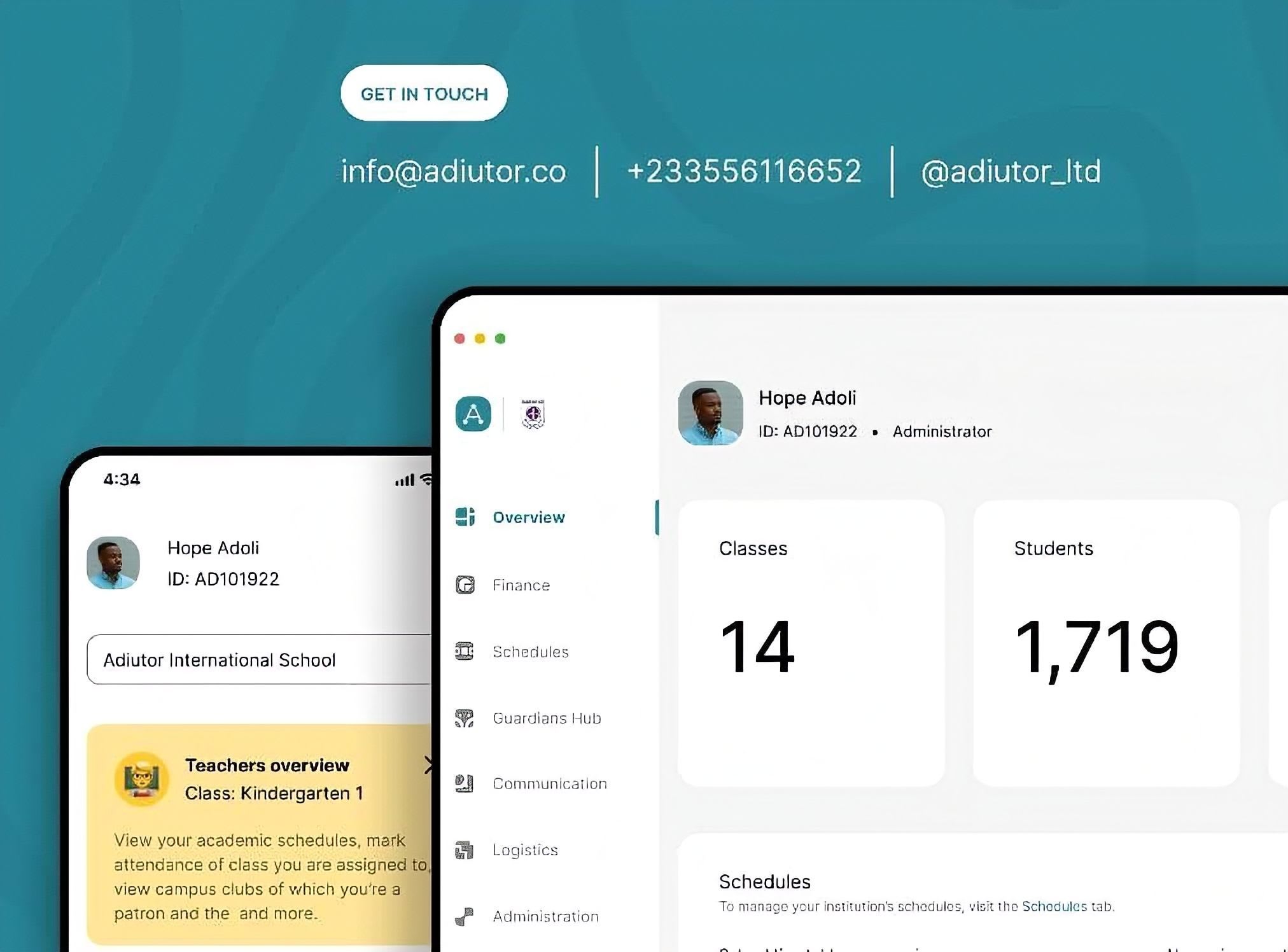Lessons learnt: The only true disability is a crushed spirit

If you have a child or student with special needs or disabilities, it's critical that you work together with the school to ensure that child is getting the support he or she needs. We've put together some tips on how you can help your child and student in school and make sure he or she does well.
Helping disabled student and students with special needs
In order to help students with disabilities and special needs, it is important for you to understand them. Students with disabilities may have physical challenges that require accommodations, such as wheelchair ramps or handrails along staircases. Students with special needs may need assistance in the form of special cafeteria menu, learning support services or mental health counseling. It’s also good to be aware of which types of disabilities and special needs are present in your school so that you can offer assistance when needed.
When working with disabled students and students with special needs, it’s important that you understand what these individuals need in order to succeed academically—and not just academically but socially as well! Many times teachers forget about this aspect of an individual’s life outside school because they don't want their personal lives interfering with their work lives; however it's imperative for teachers to be willing to go the extra mile to ensure the success of these students.
Special needs students and students with disabilities may struggle to succeed in school.
The overwhelming attention given to improving the learning outcomes of non-disabled students can leave many special needs students behind, who often feel unimportant or left out. This can lead to feelings of isolation or frustration, which can be further exacerbated by a lack of resources, support systems, and accommodations for them at school.
Parents can stress the importance of listening carefully to directions.
- Listen to your teachers and parents.
- Listen to the teacher.
- Listen to the parent.
- Listen to the school counselor.
- Listen to the principal.
- Listen to the school nurse.
Ask that teachers be patient and understanding of the child's limitations.
As a parent, you can help your child's teacher by asking that teachers be patient and understanding of the child's limitations. You can also ask them to provide extra time and support to help the child succeed. In addition, you should ask your child's teacher for extra support for them—this may mean providing notes or an extra-long break if they're having a hard day at school.
Make sure teachers know that you're available to help.
The first step to helping a student is making sure the teacher is aware of your availability and how you can help. Talking with the teacher ahead of time will ensure that they know what resources are available, and when they can ask for your assistance. If there are specific tasks that need to be taken on by a mentor, it's best to discuss them with the teacher so they know what they're getting into before they begin working with this student.
Asking questions like "What do you need?" or "What do I do?" only get you in trouble; instead, it's better for students to work together with their mentors on identifying tasks that are going beyond just regular schoolwork or homework assignments.
Don't be afraid to ask for additional help from administrators at the school.
- The school counselor is there to provide support and guidance to students with special needs.
- The school nurse can be a great resource when it comes to medical matters.
- If you feel like you need additional psychological support, the school psychologist can provide that too.
Students with disabilities and special needs require support from parents, teachers, and administrators.
As a parent of a child with a disability or special needs, you know that your child may need extra assistance in school to succeed. You can help him or her by encouraging your child to listen carefully to directions that are given in class and following them exactly as they are given. You can also make sure your child's teacher understands the nature of his or her disability so that he or she is able to provide appropriate accommodations when necessary (e.g., extra time on tests). Finally, if you have any questions about how best to work with your child's school system, don't hesitate to reach out for assistance; the guidance counselor at his/her school will likely be happy to assist you!
It can be difficult to watch a child struggle, but it's important to remember that you're not alone. There are many resources out there that can help you support them in school and at home. There are many students who have special needs and disabilities. These students may need more support than the average student in some areas of school, so it is important to recognize those needs and provide assistance when appropriate. Another way to help these students is through assistive technology. Assistive technology provides specialized equipment, software or services that help people with disabilities live independently at home or in school.

Adiutor
Adiutor means "helper" - we do just that, by taking a load of your school administration and helping you focus on what matters most: the kids.
